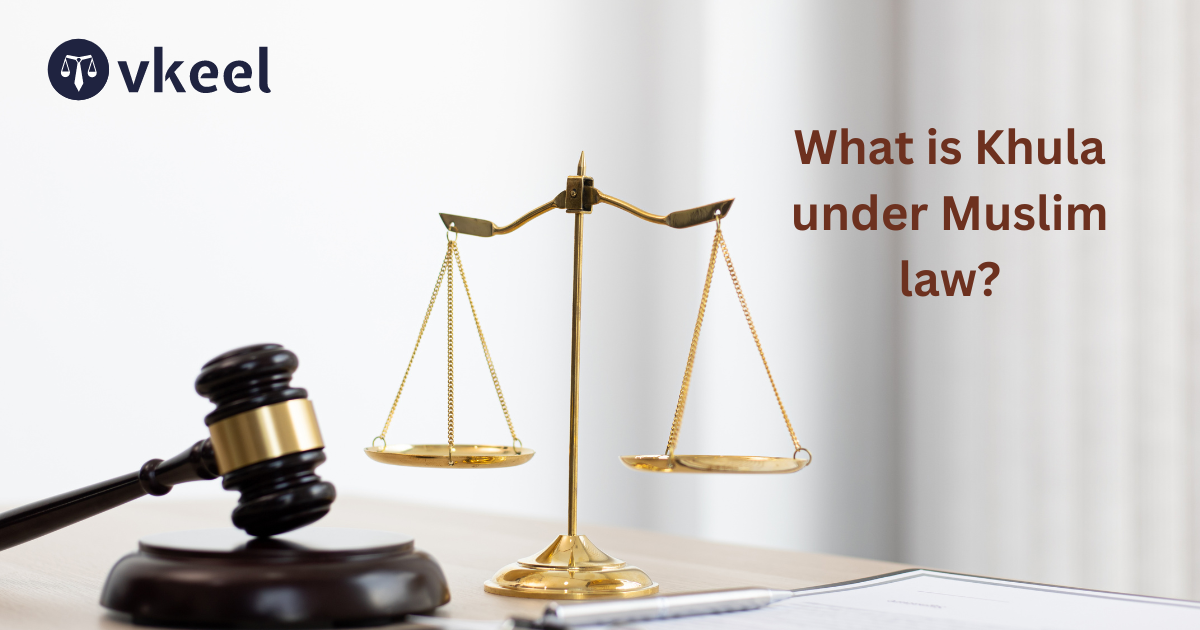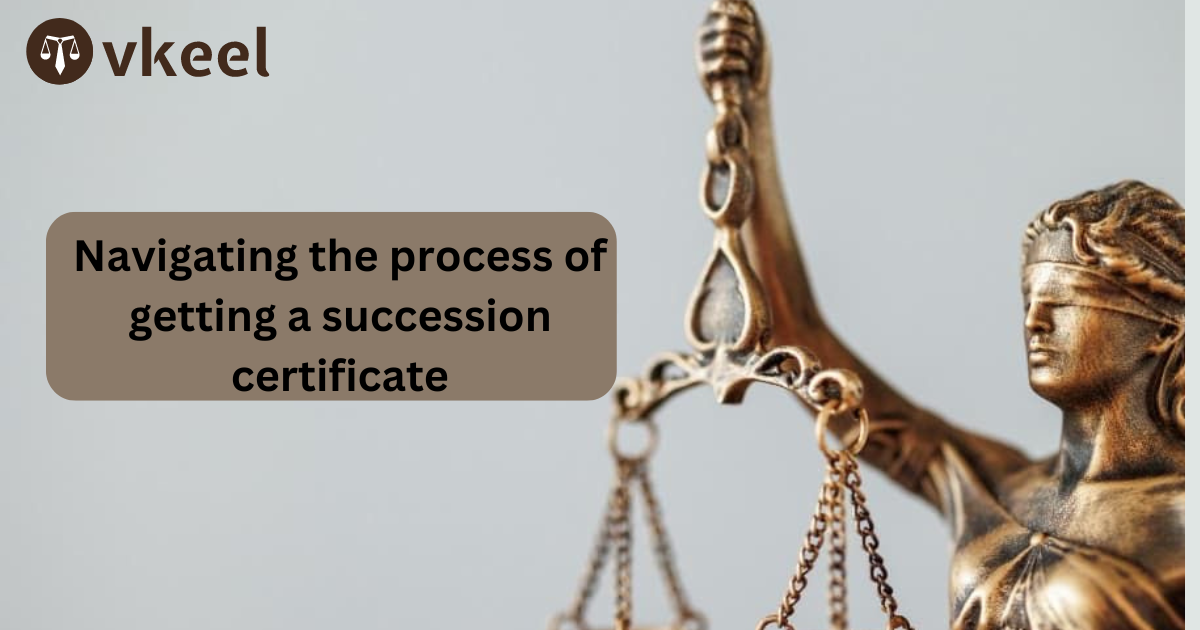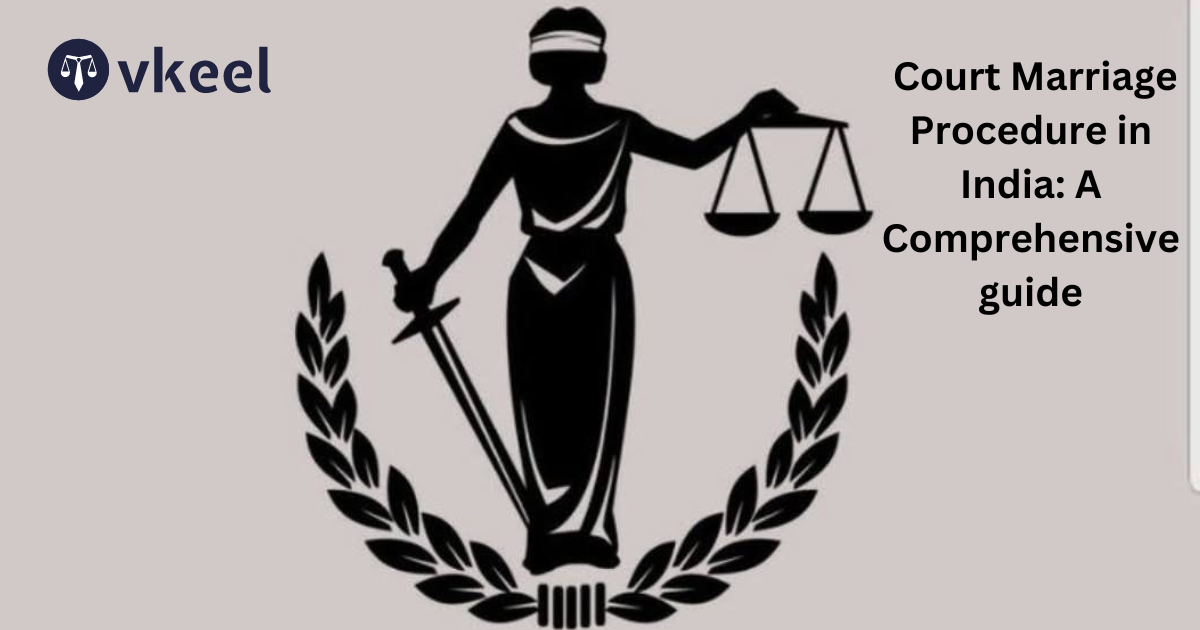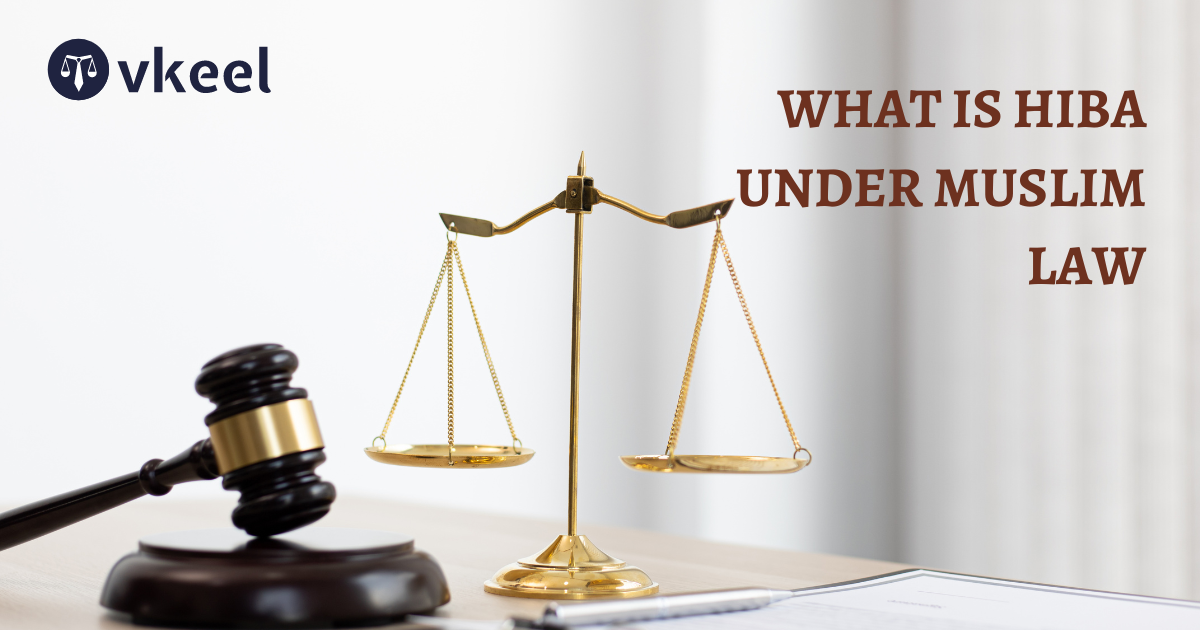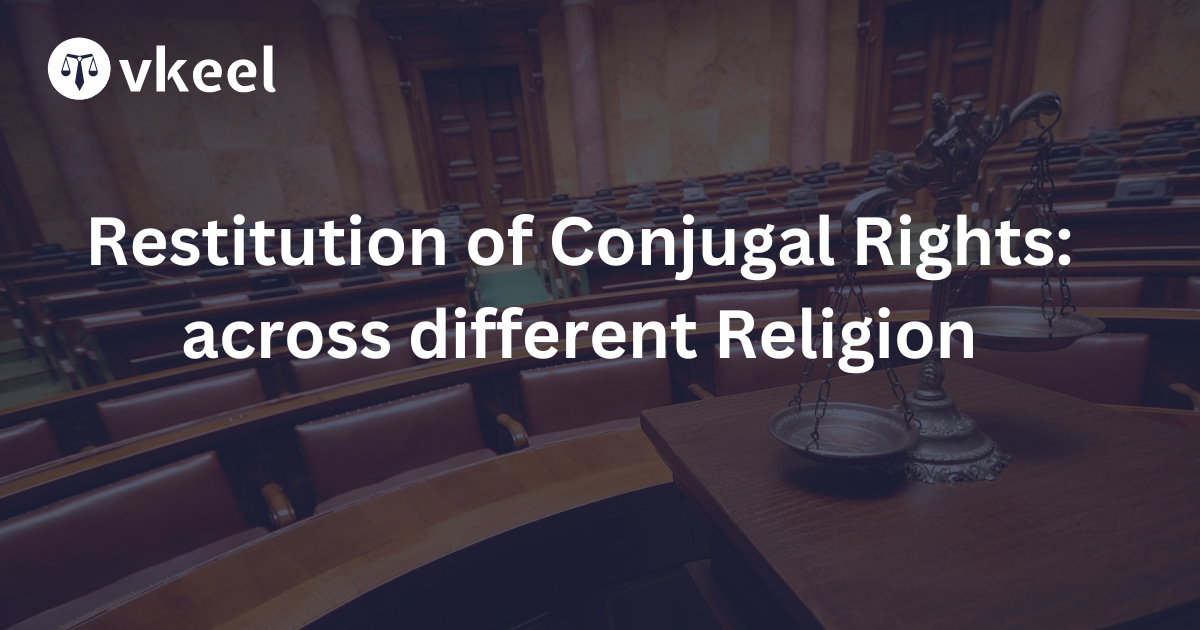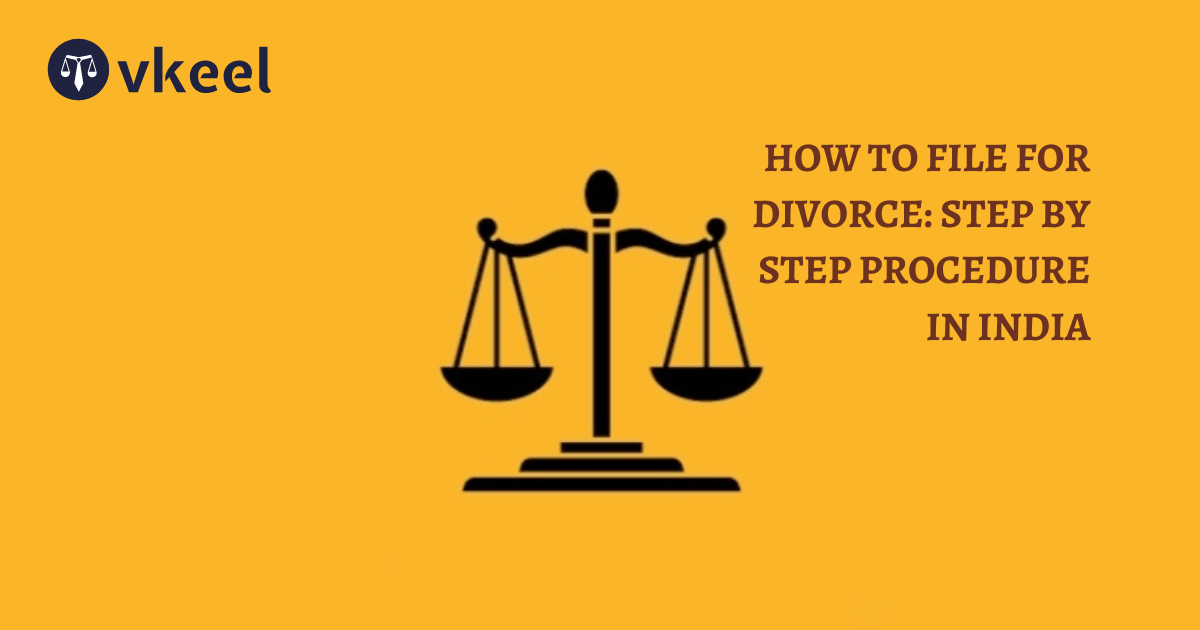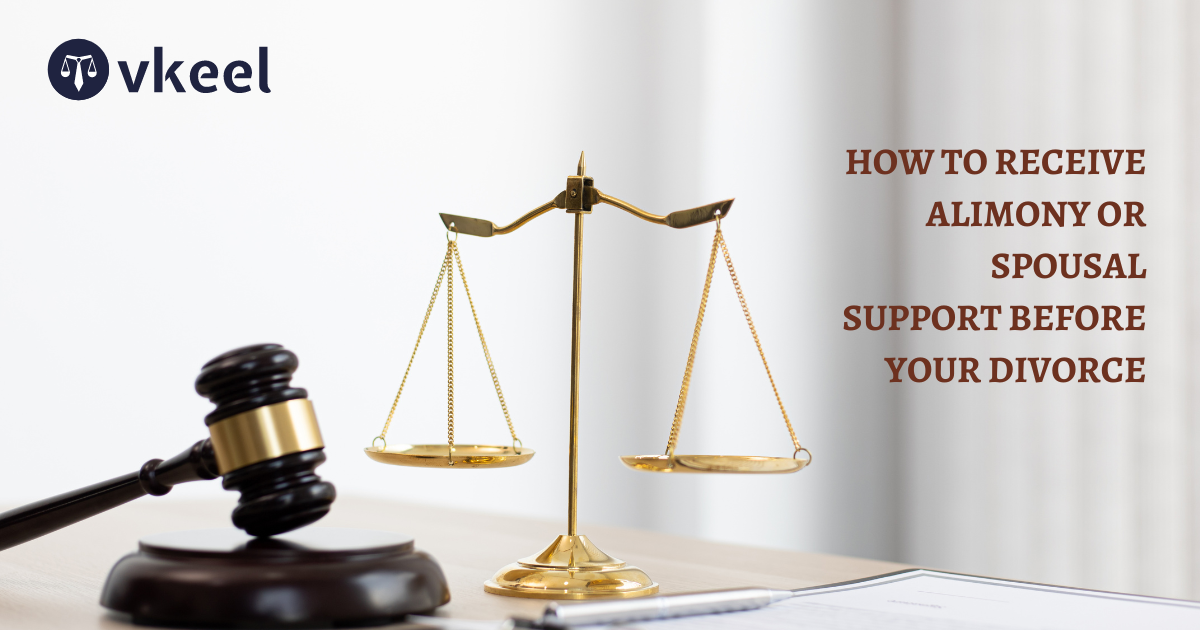What is Khula under Muslim Law?
By Joy Puri
Table of Contents
Introduction
Islamic law is commonly termed as Sharia, it is a comprehensive legal analysis derived from the Quran (the holy book of Musalmans), the Sunnah (the teachings and practices of the Prophet Muhammad) these basically include Sunnat ul fail, sunnat ul kaul, and sunnat ul tuqrir, and other sources such as consensus of the learned scholars of Islam (ijma) and analogy practices (qiyas). It governs various aspects of life for Muslims, including personal conduct, family matters, commerce, and governance. Islamic law is deeply rooted in Islamic theology and jurisprudence, and it serves as a guiding factors for Muslims to lead a life in accordance with their faith and with dignity and respect, in regards to the religious scriptures.
At its core, Islamic law governed by the antecedent components targets to promote justice, equity, and morality and also thereby protecting the rights and obligations of individuals within a Muslim society. It encompasses both religious duties (ibadat) and worldly affairs (mu’amalat), thereby integrating spiritual principles with practical guidance for daily life.
The primary sources of Islamic law are the Quran and the Sunnah. The Quran is considered the literal word of God as revealed to the Prophet Muhammad over a period of approximately 23 years. It is said that Prophet used to receive these revelations from God that is Allah by an angel called as Gabriel. It contains guidance on a wide range of subjects, including worship, ethics, social justice, and legal matters. The Sunnah consists of whatever prophet said, did, and permitted Prophet Muhammad and provides additional insight into the application of Islamic principles.
Learning about divorce in Muslim law
There have taken many reforms in the pre Islamic era. According to Ameer Ali, the reforms of Prophet Mohammad marked a new departure in the history of Eastern Legislations. The Prophet of Islam is reported to have said “with Allah, the most detestable of all things permitted is divorce”, and towards the end of his life he practically forbade its exercise by men without intervention of an arbiter or a judge. The Quran reads and stipulates, “if you fear a breach between them twain (the husband and the wife) appoint an arbiter from his folk and an arbiter from her folk. If they desire amendment, Allah will make them of one mind”. The Quran permits divorce partly because of some countenance to the customs and partly to enable men get rid of an odious union.
Prophet Mohammad restrained the power of divorce and gave to the woman the right of obtaining separation on reasonable grounds. The Prophet is reported to have said, ” if a woman be prejudiced by a marriage, let it be broken off.” In Islam, divorce is perceived to be permissible but discouraged, and it is seen as the last resort after all attempts at reconciliation and arbitration have failed. The Quran entails divorce as a process that should be undertaken with careful consideration and as a means of resolving irreconcilable differences between spouses.
There are different types of talaq which exist in Islamic law, including talaq al-sunnah (the preferred form) and talaq al-bid’ah (innovated form). Talaq al-sunnah involves three pronouncements of divorce made over a period of time, with waiting periods (iddat) between each pronouncement. Iddat is the period of specific time or till the birth in Islam. This waiting period allows for the possibility of reconciliation and ensures that the wife is not left in a state of uncertainty. It puts a perspective to merge the couple or partners such that divorce in thereby the last resort they are left with.
Divorce among the ancient Arabs was easy and of frequent occurrence as it was considered normal in the intellectual society. In fact, this tendency has even persisted to some extent, in Islamic Law in spite of the fact that Probhet showed his dislike to it. It was regarded by the Prophet to be the most hateful before the Almighty God of all permitted things; for it prevented conjugal happiness and interfered with the proper bringing up of children. The Prophet hereby deciphered that Talaq is the worst of all permitted things in islam. In addition to talaq, Islamic law also recognizes the concept of khula, which allows a wife to initiate divorce proceedings under certain circumstances. Khula involves the wife seeking a dissolution of the marriage by offering financial compensation to the husband in exchange for her release from the marriage contract. This process emphasizes the importance of mutual consent and fairness in divorce proceedings.
Islamic law also provides guidelines for the division of assets and financial support following divorce. In general, the husband may be required to provide financial support to the wife during the waiting period (iddah), as well as contribute to her maintenance and support if she is granted custody of the children.Talaq is an act of repudiation of marriage by the husband in exercise of his power which has been conferred on him by the Islamic scriptures. The term divorce includes all separation originating from the husband and repudiation for talaq in the limited sense, namely, of separation effected by use of appropriate word.
A talaq may be in writing and no particular form is necessary. It is generally entailed as Talaqnama. Under the Sunni Law, where the husband properly, executes a deed mentioning the lady whom he has divorced and the name of the writer, it amounts to a valid divorce without any regard to intention with which it has been executed. If the contents of the deed are not intelligible or reasonable or facts cannot be decided, even clear intention of talaq will not validate the pronouncement, an intention must be proved in order to constitute a divorce . So the deed of divorce, not writing in usual and customary form showing the name of the writer and the person addressed to, does not constitute a valid pronouncement of divorce unless it can be comprehended as having been written with the intention of its operating as pronouncement of divorce.The wife’s presence is not necessary it may be signed in the presence of the Qazi or the wife’s father or any other known person
What is Khula?
Khula is the divorce which is generally initiated by the wife Khula or redemption literally means “to lay down”. In Indian law it means laying down by-a- husband of his right and authority over his wife. It entails that a husband lays down its power of divorce to his wife and now she has the right to initiate the divorce. Although in real life it is divorce on the part of wife bu in the legal domain and the books it is referred to as the divorce by the husband.
Khula has been aptly defined by their Lordships of the Judicial Committee in Moonshee-Buzlu-ul-Raheem v. Lateefutoonissa. A divorce by khula is a divorce with the consent and at the instance of the wife, in which she gives or agrees to give a consideration to the husband for her release from the marriage tie. It signifies an arrangement entered into for the purpose of dissolving a concubial connection in lieu of compensation paid by the wife to her husband out of her property Khula, in fact, is thus a right of divorce purchased by the wife from her husband.
It has been observed that there was no khula in pre-islamic legislation. The basis for khula is an injunction in Quran which reads as under “Then if you fear that they cannot keep within the limits of Allah. There is no blame on them for what she gives to become free thereby.”
“”O’ messenger of Allah nothing can ever unite his (Thabit) head with mine (Jameela). When I raised my veil I saw him coming in the company of a few men. I saw that he was blackest, the shortest and the worst appearance of them all. By Allah I do not dislike him because of defects in his faith or morality. I just hate his ugly looks. By God if I did not fear Allah, I would have spit on his face when he came near me. ‘O’ Messenger of Allah, “you can see how beautiful I am while Thabit is an ugly man.” I do not blame him for any depravity in his religious practice or morality, but I fear that I may be guilty of transgression of injunctions of Islam.”
The concept of khula is rooted in Islamic jurisprudence and is taken from different sources within Islamic legal traditions and culture, including the Quran, Hadith (sayings and actions of the Prophet Muhammad), and the consensus of Islamic scholars.
The Quranic basis for khula is found in Surah Al-Baqarah (2:229), where it states “And it is not lawful for you to take anything of what you have given them unless both fear that they will not be able to keep [within] the limits of Allah. But if you fear that they will not keep [within] the limits of Allah, then there is no blame upon either of them concerning that by which she ransoms herself…”
In practice, the process of khula involves several steps:
- Initiation by the Wife: The wife expresses her desire to end the marriage to her husband. This can be done orally by pronouncements or in writing (talaqnama), depending on the cultural and legal practices of the Muslim community either sunni or shia.
- Negotiation: The partners or their representatives negotiate the terms of the khula, including the financial settlement of the husband. The wife may agree to forgo some or all of her financial rights, such as the mahr (dower) or maintenance, in exchange for the husband’s consent to the divorce.
- Consent of the Husband: The husband must consent to the khula for it to be valid. However, if he refuses, the wife may seek recourse through the Islamic court system to enforce her right to khula.
- Execution of the Agreement: Once the terms of the khula are agreed upon, they are formalized either through a written contract or by pronouncing the divorce in the presence of witnesses.
- Legal Confirmation: In some jurisdictions, the khula agreement may need to be registered with the relevant Islamic authority or court to ensure its legal validity.
- Financial Settlement: The husband may be required to fulfill any financial obligations outlined in the khula agreement, such as paying the mahr or providing maintenance for a specified period.
- Completion of the Divorce: Once all terms of the khula agreement are met, the marriage is dissolved, and the wife is free to remarry.
The process of the aforementioned subject has to be dealt with some of the essentials like the capacity of the related person. Under Shia Law, the conditions necessary for the effectuation of a valid talaq are also requisites for the performance of khula accordingly; that is, the husband must be (1) adult (Baligh), (ii) of sound mind (Aqil), (iii) free agent (Mukhtar) and (iv) have intention to divorce her.Under the Sunni Law, only two requisites are essential, ie, the husband must be (i) adult, and (ii) of sound mind.
Conclusion
Over time, scholars have, with the clarity of thoughts stipulated how Khula works. They’ve highlighted when it can happen, what measures need to be taken, and what rights each person has. This helps ensure that Khula is done fairly and follows the right steps in order to attain justice throughout.
Khula involves courts helping couples sort out their differences and come to a fair agreement. This is important because it makes sure that Khula is done properly and that both people are treated fairly.Today, Khula remains important in Muslim communities worldwide. It’s especially helpful in places where cultural norms and religious beliefs influence how people view marriage and divorce.
But Khula isn’t without its hurdles and hardships. Sometimes, cultural customs, biased, and discriminatory views, and different rules in different places make it hard for people, especially women, to use Khula with fairness.In the end, Khula shows how Islamic law can adapt to changing times while still valuing fairness and kindness. As Muslim communities face new challenges, Khula remains an important tool for nurturing fair and respectful relationships within the society.
Disclaimer:
The information provided in the article is for general informational purposes only, and is not intended to constitute legal advice or to be relied upon as a substitute for legal advice. Furthermore, any information contained in the article is not guaranteed to be current, complete or accurate. If you require legal advice or representation, you should contact an attorney or law firm directly. We are not responsible for any damages resulting from any reliance on the content of this website.

